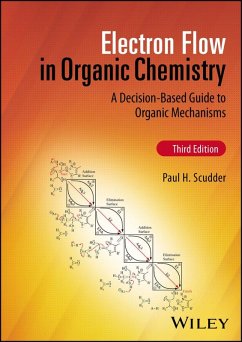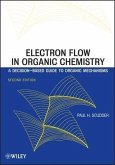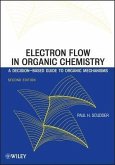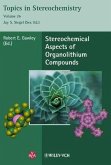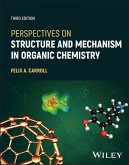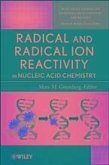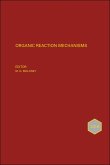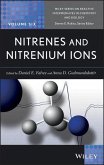Electron Flow in Organic Chemistry Teaches students to solve problems in Organic Chemistry using methods of analysis that are valuable and portable to other fields Electron Flow in Organic Chemistry provides a unique decision-based approach that develops a chemical intuition based on a crosschecked analysis process. Assuming only a general background in chemistry, this acclaimed textbook teaches students how to write reasonable reaction mechanisms and use analytical tools to solve both simple and complex problems in organic chemistry. As in previous editions, the author breaks down challenging organic mechanisms into a limited number of core elemental mechanistic processes, the electron flow pathways, to explain all organic reactions--using flow charts as decision maps, energy surfaces as problem space maps, and correlation matrices to display all possible interactions. The third edition features entirely new chapters on crosschecking chemical reactions through good mechanistic thinking and solving spectral analysis problems using organic structure elucidation strategies. This edition also includes more biochemical reaction mechanism examples, additional exercises with answers, expanded discussion of how general chemistry concepts can show that structure determines reactivity, and new appendix covering transition metal organometallics. Emphasizing critical thinking rather than memorization to solve mechanistic problems, this popular textbook: * Features new and expanded material throughout, including more flowcharts, correlation matrices, energy surfaces, and algorithms that illustrate key decision-making processes * Provides examples from the field of biochemistry of relevance to students in chemistry, biology, and medicine * Incorporates principles from computer science and artificial intelligence to teach decision-making processes * Contains a general bibliography, quick-reference charts and tables, pathway summaries, a major decisions guide, and other helpful tools * Offers material for instructors including a solutions manual, supplemental exercises with detailed answers for each chapter usable as an exam file, and additional online resources Electron Flow in Organic Chemistry: A Decision-Based Guide to Organic Mechanisms, Third Edition, is the perfect primary textbook for advanced undergraduate or beginning graduate courses in organic reaction mechanisms, and an excellent supplement for graduate courses in physical organic chemistry, enzymatic reaction mechanisms, and biochemistry.
Dieser Download kann aus rechtlichen Gründen nur mit Rechnungsadresse in A, B, BG, CY, CZ, D, DK, EW, E, FIN, F, GR, HR, H, IRL, I, LT, L, LR, M, NL, PL, P, R, S, SLO, SK ausgeliefert werden.

